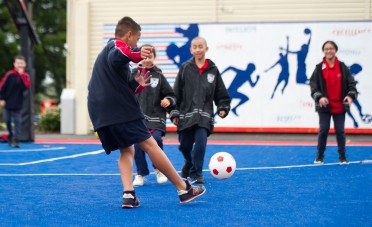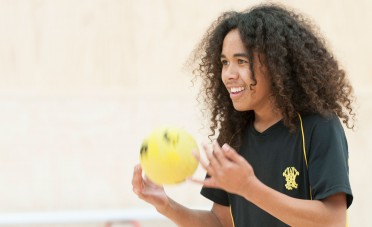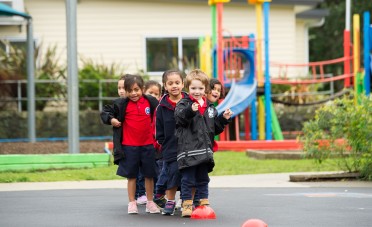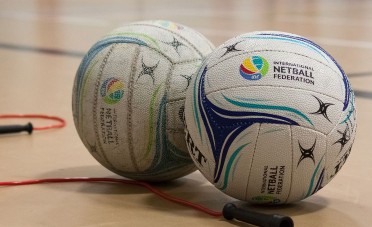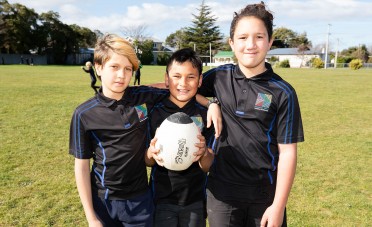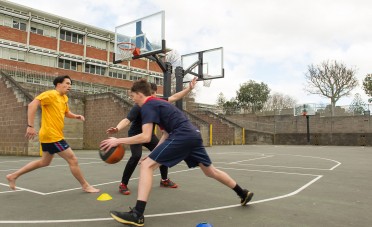Wheeling through the years
Learn about technological and environmental impacts on sport and recreation through wheeled activities.
Sport studies — Resource collection
This resource is part of the Sport studies resource collection.
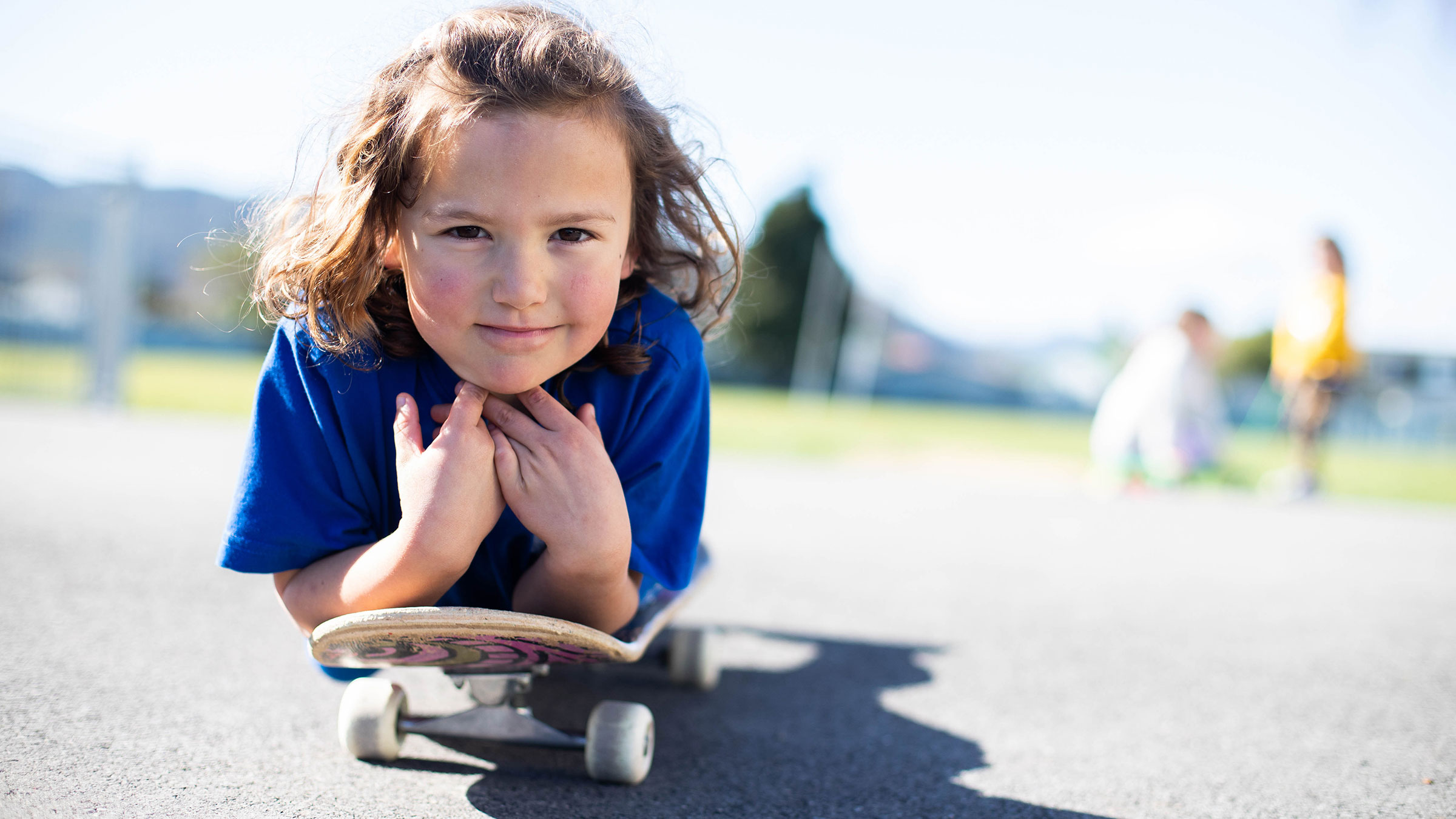
Context
Learning about technological and environmental impacts on sport and recreation through wheeled activities.
Unit aim
To explore environmental and technological impacts on choices in recreation activities.
General overview
This unit teaches children some skills that they can use to enhance their leisure time while gaining an understanding of the environmental and technological changes that have taken place in leisure activities over the last 30–40 years.
Key area(s) of learning
Sport studies, physical activity
Underlying concepts
This unit will enable ākonga to develop an understanding of how the environment in which they live affects their personal wellbeing and that of society (health promotion); and identify and reflect on factors that influence their choices and behaviours related to physical activity (socio-ecological perspective).
| AO | Learning Outcome | Learning experiences | Assessment opportunities |
|---|---|---|---|
| 4B3 | Ākonga will experience and demonstrate how science, technology, and the environment influence the types of wheels equipment that we use. |
Brainstorm a variety of wheeled equipment used today and in the past. and compare the technological advances. Discuss how technology influences selection of sport and leisure activities. |
Anecdotal record of ākonga prior knowledge in the form of brainstorm. |
| 3B2 | Ākonga will develop and demonstrate a range of skills while using bikes, scooters, skateboards, and rollerblades. Ākonga will develop movement skills for a modified game with wheels. | Free choice session where ākonga are allowed to bring wheeled equipment from home to share and play with. Buddy teaching on how to use your wheels equipment. For example how to break when rollerblading, and how to perform a skateboard jump. Ākonga modify a game with wheels so that it suits the environmental aspects of the playground. For example modified roller hockey, scooter tag, or bike soccer. Practice skills and play modified games. | Peer feedback of buddy teaching session on ākonga ability to identify a skill. |
| 3D1 | Ākonga will identify physical recreation and sport activities of the past. Describe the effect that technology has had on leisure equipment in the last 50 years. Ākonga will identify the influence of urbanisation on leisure activities involving wheeled equipment. | Research physical activities and choices from the last 50 years. Describe the differences technology has had on designs of wheeled equipment. Brainstorm differences between a rural and urban area as far as choice of leisure activities go. Email an urban or rural school and survey their leisure activities. Contrast with your own school and question any differences? Predict future leisure trends. List advantages and disadvantages of your school playground in relation to opportunities for wheeled activities. | Assess ākonga record sheet on comparison between technology, design and style of wheeled equipment. |
